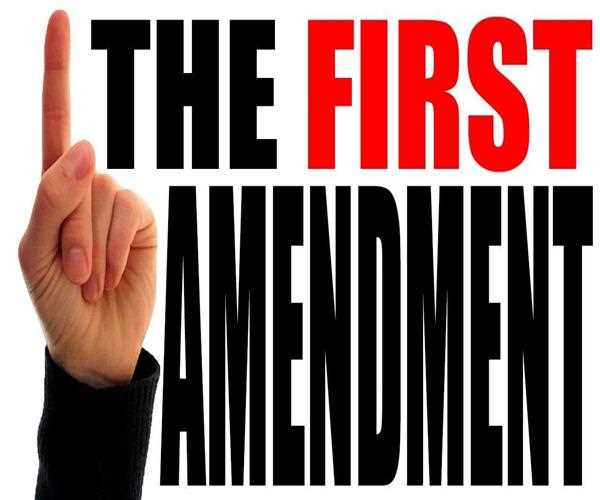Key to the mission of the Institute for Justice is reviving the establishing standards of the First Amendment to the U.S. Constitution. We look to shield the free stream of data—data that is fundamental to our vote based type of government and to our free undertaking economy.
Since IJ's establishing, we have propelled almost 50 claims to safeguard the First Amendment and have won by far most of them, including one U.S. Incomparable Court triumph and six noteworthy triumphs at the government re-appraising court level.

In 2016, we propelled four new claims, including cases testing effort back confinements in Colorado, visit control authorizing in South Carolina and denials on free discourse for "lobbyists" in Alabama.
Our claims have earned significant media scope by outlets including The New York Times, The Wall Street Journal, The Washington Post, USA Today and The Associated Press and in segments by George Will.
To secure free discourse rights, IJ disputes to ensure business, word related and political discourse. Since free markets rely upon the free stream of data, IJ has since a long time ago shielded the privilege of entrepreneurs to convey business discourse to their clients. The Institute for Justice has likewise prosecuted earth shattering cases with regards to word related discourse, securing creators, visit guides, inside architects and other people who represent a living or offer exhortation from government controls intended to smother or quiet their discourse. At long last, we have been at the cutting edge of the battle against laws that hamstring the political discourse of conventional residents and settle in political insiders. These laws incorporate troublesome battle back laws and limitations on grassroots campaigning.
Through IJ's case, we look to guarantee that administration control is obliged and that speakers and audience members can openly trade data on the subjects that issue most to them. Speakers and audience members ought to decide the estimation of discourse, not the legislature.